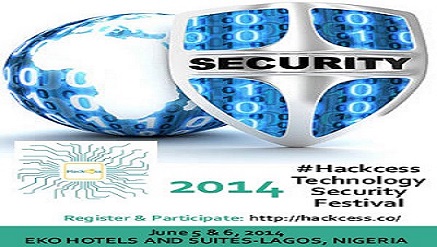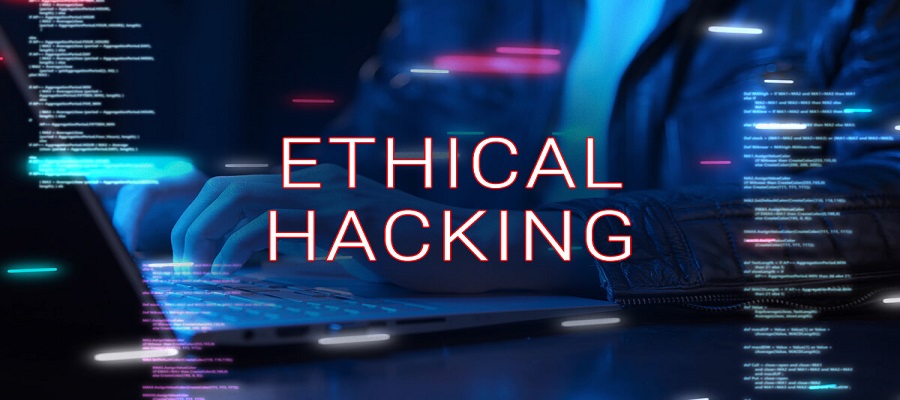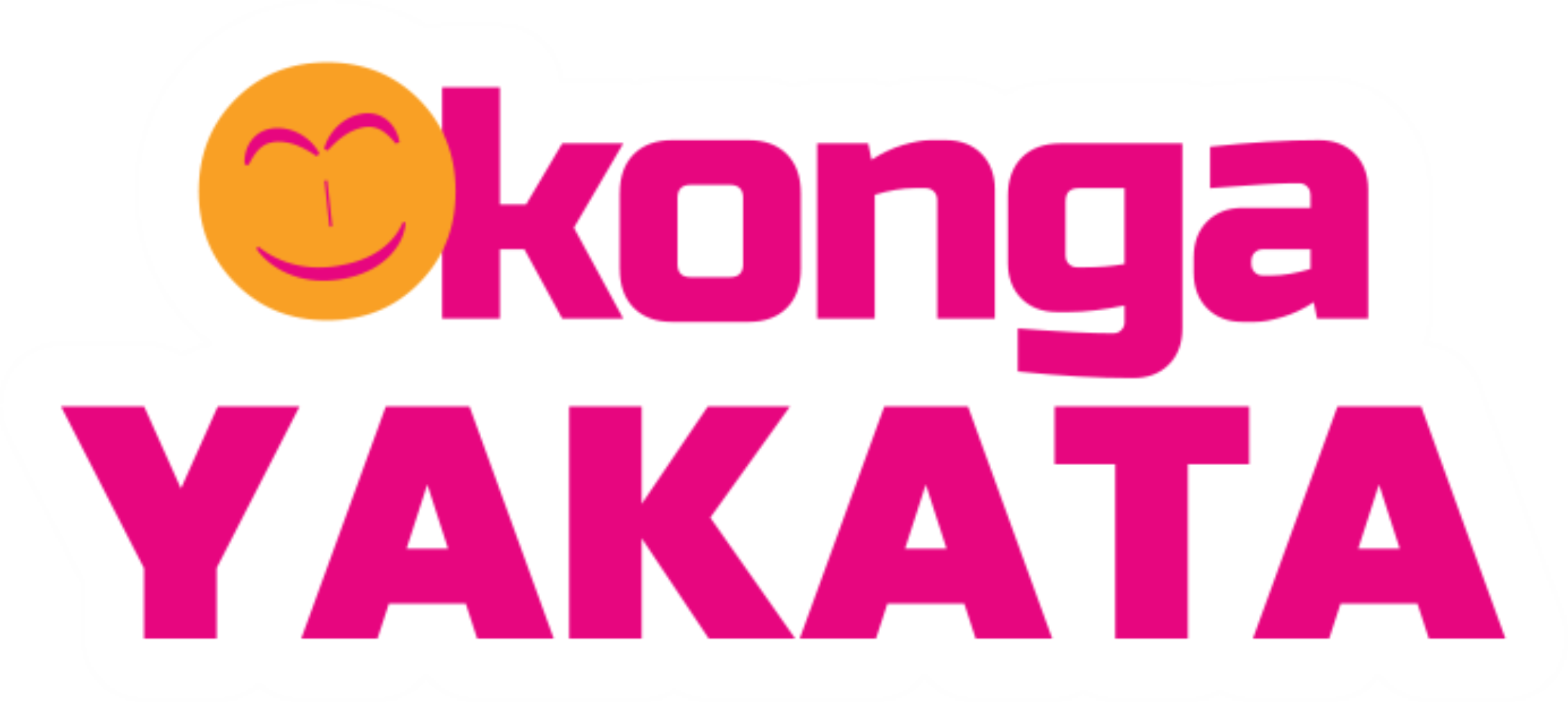E-Business
Osioke, Akindeinde to Speak @ Hackcess Security Conference

Osioke Ojior, director and group chief risk officer of Interswitch and Oluseyi Akindeinde who is the chief technical officer at Digital Encode are to speak at Hackcess Security conference holding on Thursday, June 5 at Eko Hotels.
Osioke Ojior was at one time the director of Information Security and Compliance at SAIC Frederick, a US Fortune 500 company.
He will be speaking and sharing thoughts on topical areas around Information security at Hackcess. Osioke will uncover certain areas in which most corporate organizations are unaware of and are real threats to their infrastructure.
Akindeinde is one of West Africa’s finest thought leaders on Information security and compliance. He is a Research professional on IT Security and has advised top executives in more than half of the Nation’s leading financial institutions including the Central Bank of Nigeria on current Information technology threats and best ways to deal with them.
He will be sharing to CIOs and ICT professionals who would be attending the Hackcess Conference on some modern issues that are oftentimes appear invisible within the network and most times leads to technology threats.
Akindeinde and Osioke are passionate about the growth and security of Information technological growth in Nigeria and the Sub-Saharan space.
They are keen on sharing thoughts that will help financial institutions, Small and Medium businesses and other organizations across other sectors understand the different shades of IT security and tools to use in developing strong network.
The growing Nigerian Economy and the fast developing use of Information Technology applications and infrastructure has generated a lot of excitement in the corporate world, but it has also come with its huge challenges that most technology experts have said if not clearly addressed, would create issues for individuals, the corporate world and the entire polity.
A number of financial institutions and other corporate bodies are fast going digital, discussions on public and private clouds are topical issues today and one of the biggest concerns for CIOs across industries is ‘how secure is data under this new dispensation; what measures must be taken to mitigate or prevent hackers from penetrating our applications and infrastructure’.
Across most corporate organizations in Nigeria and across the Sub Saharan African region, there are a lot of stories not been reported due to one reason or the other, but the facts are there to show that there are huge security challenges that bother on ICT infrastructure.
These issues and many more would be addressed at this year’s Hackcess Conference which has been themed ‘IT Security and the Different Shades Of the (Hack): The Emerging Africa Challenge’.
Hackcess is an African idea that is kicking off in Nigeria and would be driven subsequently in the major cities across the Sub-Saharan African market. Technology professionals are advised to be part of this conference by registering on hackcess.co .
E-Business
Research ICT Africa Develops AI Framework for Africa

Non-profit think tank and research network Research ICT Africa (RIA) has developed the Just AI Framework of Inquiry. The contextually-grounded and action-oriented position paper aims to help African policymakers, researchers and technologists navigate the complexities of developing artificial intelligence (AI) systems.

Developed by RIA executive director Pria Chetty and RIA deputy director Dr Araba Sey, as part of the second phase of the Africa Just AI project, the framework responds to the urgent need to ground AI policy in Africa’s historical and contemporary contexts.
As AI technologies proliferate across every sector of society, the Just AI Framework of Inquiry reframes global debates on ethics and fairness by centring justice as the fundamental quality AI systems must embody, according to RIA.
Rather than replicating governance models designed for high-income economies, the framework calls for an approach that reflects Africa’s diverse democratic systems, development priorities and epistemic traditions, it says.
Through nine interrelated inquiries, from structural inequality and data justice, to democratic governance and environmental sustainability, the Just AI Framework of Inquiry equips policymakers, technologists and researchers with the tools to design and evaluate AI systems that actively promote equity, inclusion and care.
“The framework’s justice-oriented lens connects human rights, ecology and economy, guiding both research and regulatory reform to ensure AI advances public interest outcomes. It aims to move beyond aspirational ethics toward actionable mechanisms for embedding justice across the AI value chain,” notes Dr Sey.
The framework provides a holistic and multidisciplinary approach, moving beyond a narrow focus on technological risk to examine the interplay of AI with sustainable development, security, economic policy and governance.
“It recognises that effective AI governance requires a multidisciplinary approach, drawing on expertise in law, data science, economics and social sciences. This is crucial for developing integrated economic policies and governance frameworks that can address the full spectrum of AI’s societal consequences from labour market transformations to the regulation of intellectual property and competition,” Dr Sey adds.
The next phase of this project will test the framework’s application through participatory engagements with policymakers, civil society and research partners.
According to RIA, tech regulation, when developed through a justice-oriented lens, has the potential to unleash the developmental benefits of advanced innovation. Likewise, when AI systems are governed through justice-oriented frameworks, they can deliver equitable outcomes across diverse societies.
Yet, RIA is of the view that the dominant approaches to AI governance today − anchored in ethics, fairness and responsibility − remain inadequate. They are largely self-regulatory, driven by Global North actors, and designed for high-income countries with vastly different social, political and infrastructural realities. RIA’s research shows these frameworks often fail to recognise the uneven socio-economic contexts that shape life across the African continent.
“We have spent the past three years engaging deeply with this challenge: asking what it means to govern AI in ways that are truly just for Africa,” Chetty explains.
“We see a pressing need for a more deliberate and contextualised approach to AI governance; one that allows African countries to shift from being mere consumers of AI tech, to becoming co-creators of AI systems that reflect our development priorities, democratic values and lived experiences.
“Justice in AI requires more than inclusive aspirations. It demands redress of historical harms and inequities, attention to extractive data and value flows, and a commitment to ensuring that AI’s transformative potential is shared, not concentrated.”
E-Business
WDC, EC-Council Launch Ethical Hacking Programme

Wild Fusion Digital Centre (WDC), a technology training center based in Lagos and EC-Council, a global leader in cybersecurity certification have partnered to officially launch an advanced ethical hacking programme.

Pix credit…. EC-Council
The announcement was made at a ceremony at WDC headquarters attended by training officials and local business representatives.
The initiative is designed to meet the growing demand for qualified cybersecurity professionals in Nigeria and across Africa.
The programme offers internationally recognized certifications, including Certified Ethical Hacker (CEH), Certified SOC Analyst (CSA), and Blockchain Finance Certified (BFC).
WDC stated the training is conducted in-person and emphasizes practical application, ensuring participants master techniques for detecting and correcting vulnerabilities in computer systems.
The center noted that the training allows individuals and corporate teams to obtain these international-level qualifications without leaving the country.
WDC highlighted that the need for the training is urgent due to the increasing complexity of cyberattacks and a shortage of qualified experts.
The Cyber Security Experts Association of Nigeria (CSEAN) has pointed to a persistent talent deficit, while the U.S. Bureau of Labor Statistics projects a 33% growth in cybersecurity jobs between 2023 and 2033.
The training programme is being launched amid significant growth in the digital sector.
An analysis by Mordor Intelligence estimates the value of the African cybersecurity market at $0.6 billion in 2024, with projections to reach $1.28 billion by 2029, driven by a compound annual growth rate of 13.5% over the period.
E-Business
Konga Yakata: Konga Announces Dates for Nigeria’s Biggest Black Friday Sale

Nigeria’s leading composite e-commerce giant, Konga, has officially announced the dates for its highly anticipated Konga Yakata 2025, Nigeria’s biggest annual Black Friday sale.

The month-long shopping festival will run from Saturday, November 1st to Sunday, November 30th, 2025, promising shoppers across Nigeria a more exciting, rewarding, and value-packed experience than ever before.
To build anticipation, Early Bird Deals kicked off on October 26th and will run through October 31st, giving early shoppers a head start on some of the year’s most incredible bargains. This exclusive pre-sale window allows customers to secure limited-time offers before the official Yakata sale commences.
Since its inception, Konga Yakata has redefined Black Friday shopping in Nigeria. Evolving beyond a retail event, it has become a nationwide celebration of value, convenience, and trust, firmly positioning Konga as the go-to destination for millions of Nigerians seeking genuine products at the best possible prices.
According to the management of Konga, the 2025 edition of Yakata will surpass previous years with new innovations, expanded product categories, richer customer experiences, and unmatched discounts. This year’s event will feature engaging activities such as Treasure Hunts, Combo Day, Week of Wonder, Flash Sales, Live Auctions on Konga Radio 103.7FM, Giveaways, Freebies, and the same-day delivery option on KongaNow items, ensuring every shopper enjoys an unforgettable experience.
The campaign will also extend across multiple channels, online at www.konga.com and in Konga Retail Stores nationwide, offering customers flexible shopping options and exclusive in-store deals.
A wide range of products will be available across various categories, including Laptops, Desktops and Accessories, Mobile Phones and Tablets, Home and Kitchen Appliances, Electronics, Fashion, Groceries, Baby, Kids & Toys, and Wines & Spirits. Shoppers can expect massive discounts on top brands, including HP, Samsung, Apple, Haier Thermocool, iPower, Tecno, L’Oréal, Zinox, Nexus, Infinix, Nokia, iTec, Polystar, Nivea, and Lenovo, among others.
In line with its mission to promote financial inclusion and digital convenience, KongaPay is offering shoppers an instant 10% discount when they pay with their KongaPay wallet during the Yakata sale. The company has also encouraged customers to download and activate their KongaPay app ahead of the sale for a seamless checkout experience, extra savings, and exclusive wallet-based deals.
Speaking on the upcoming sale, the management reaffirmed Konga’s commitment to customer satisfaction, genuine products, and affordable pricing. “Konga Yakata is not just a sale; it’s a celebration of trust and value,” a company spokesperson noted.
“Our goal is to ensure that every Nigerian, regardless of their location or budget, can experience the joy of shopping for authentic products at unbeatable prices. This year, we are going even further with more deals, more engagement, and more innovation to delight our customers.”
Over the years, Konga Yakata has become an integral part of Nigeria’s retail calendar and is widely regarded as the benchmark for Black Friday sales in Africa. It has empowered millions of customers to access premium products, strengthening Konga’s position as a trusted household name in e-commerce.
As the countdown begins, Nigerians are urged to stay alert, prepare their shopping lists, and keep their devices close. Shoppers are also encouraged to follow Konga’s social media channels for firsthand updates, flash alerts, and exclusive Yakata offers.

 Telecom2 days ago
Telecom2 days agoUNICEF, GSMA Unite with Partners to Launch Africa Taskforce on Child Online Protection to Safeguard Children in the Digital Age

 Broadcasting2 days ago
Broadcasting2 days agoNCC Calls for Professional Guidelines on Software Use, Support for Copyright Enforcement

 General News2 days ago
General News2 days agoFG to Train One Million Youths under TVET for Entrepreneurship, National Development

 E-Business2 days ago
E-Business2 days agoNOTAP to Crackdown on Unregistered Technologies in Nigeria

 Broadcasting2 days ago
Broadcasting2 days agoMultiChoice to Delist from JSE after Canal+ Takeover

 E-Financial2 days ago
E-Financial2 days agoSEC Puts Nigeria’s Cryptocurrency Transactions in One Year @ Over $50Bn

 E-Financial1 day ago
E-Financial1 day agoLotus Bank Drags 45 Banks to Court over Alleged ₦1.1Bn Fraudulent Withdrawals

 E-Financial2 days ago
E-Financial2 days agoPolaris Bank restates support for SMEs, commissions EveryDay Supermarket in Yenagoa



























